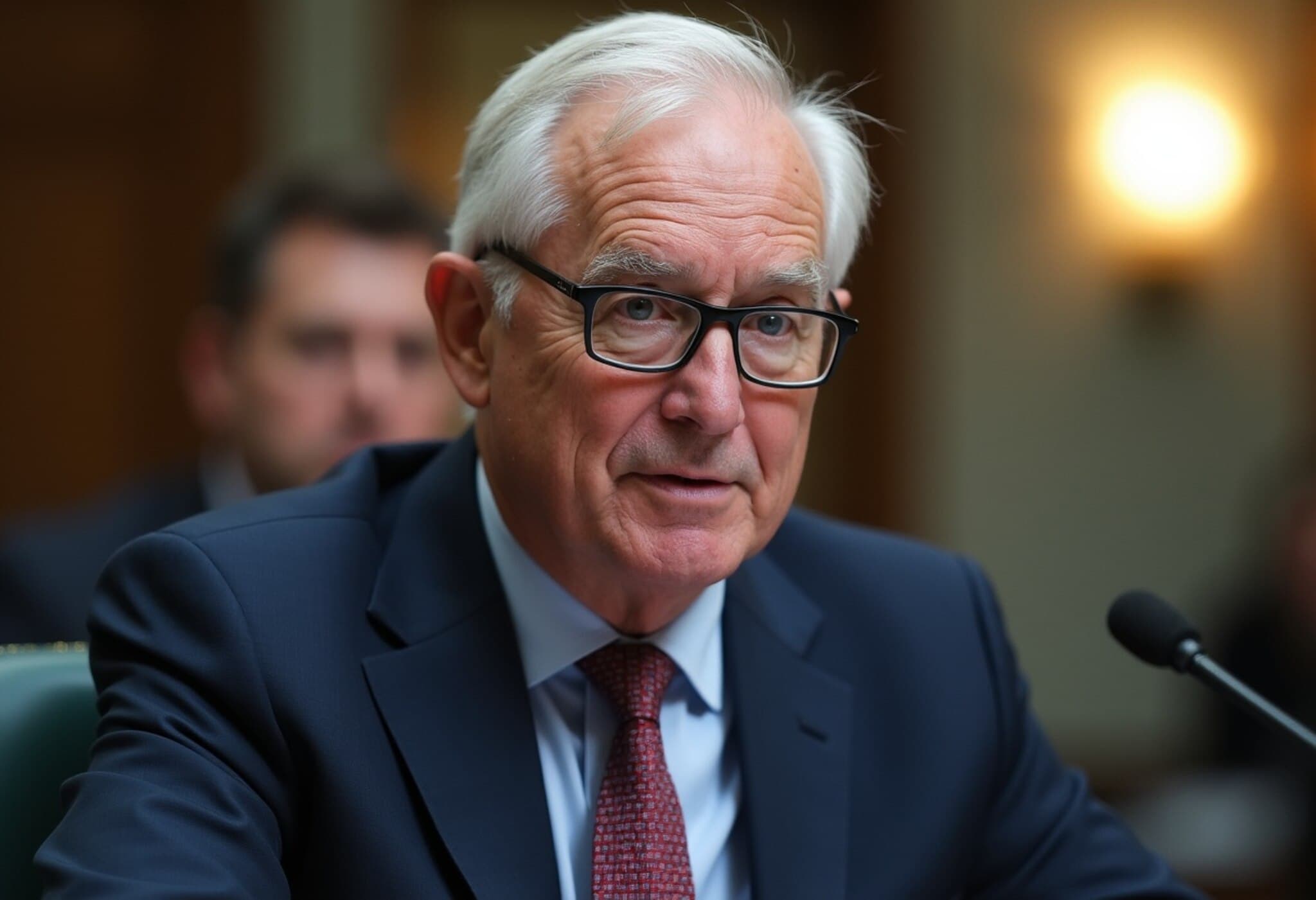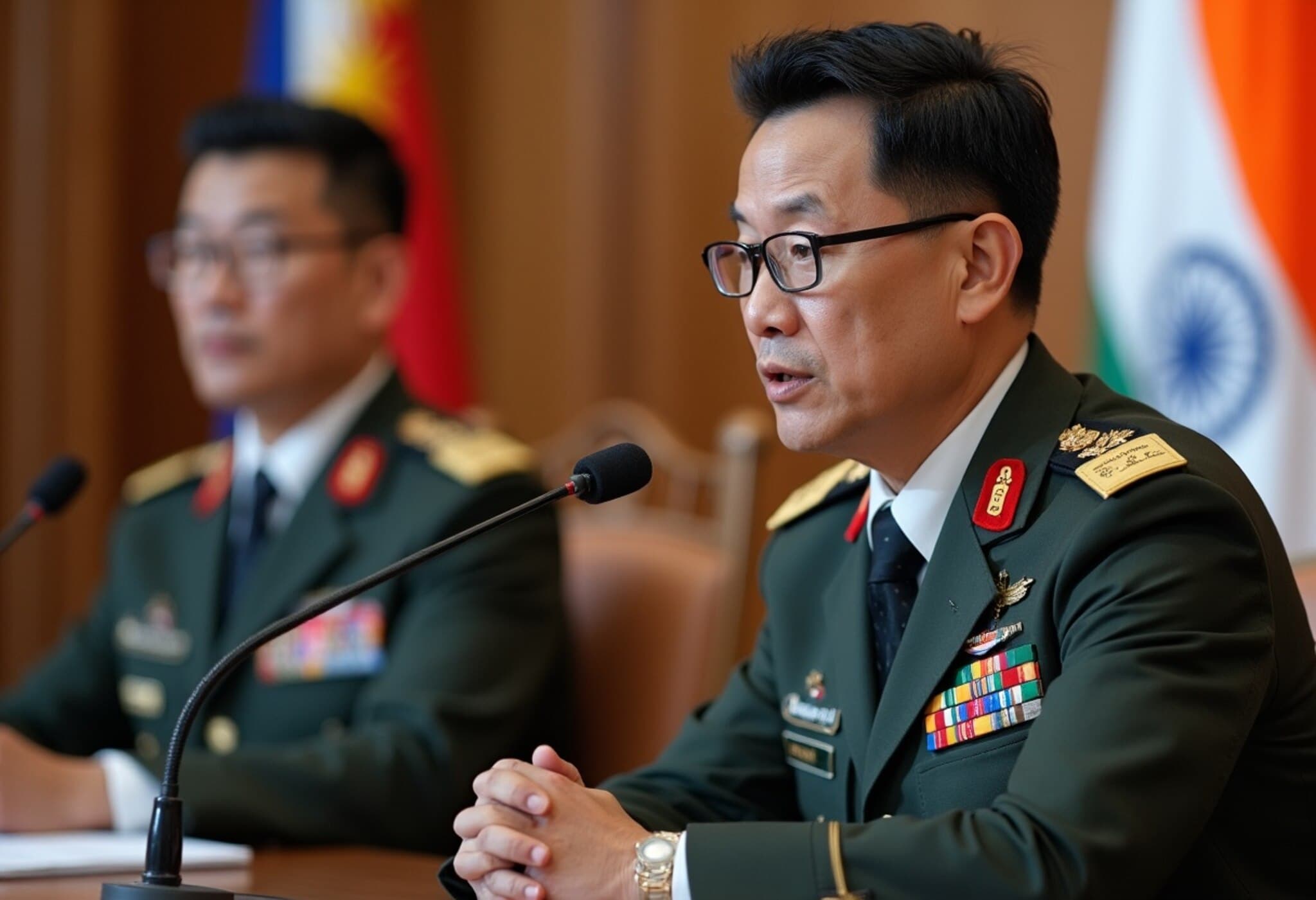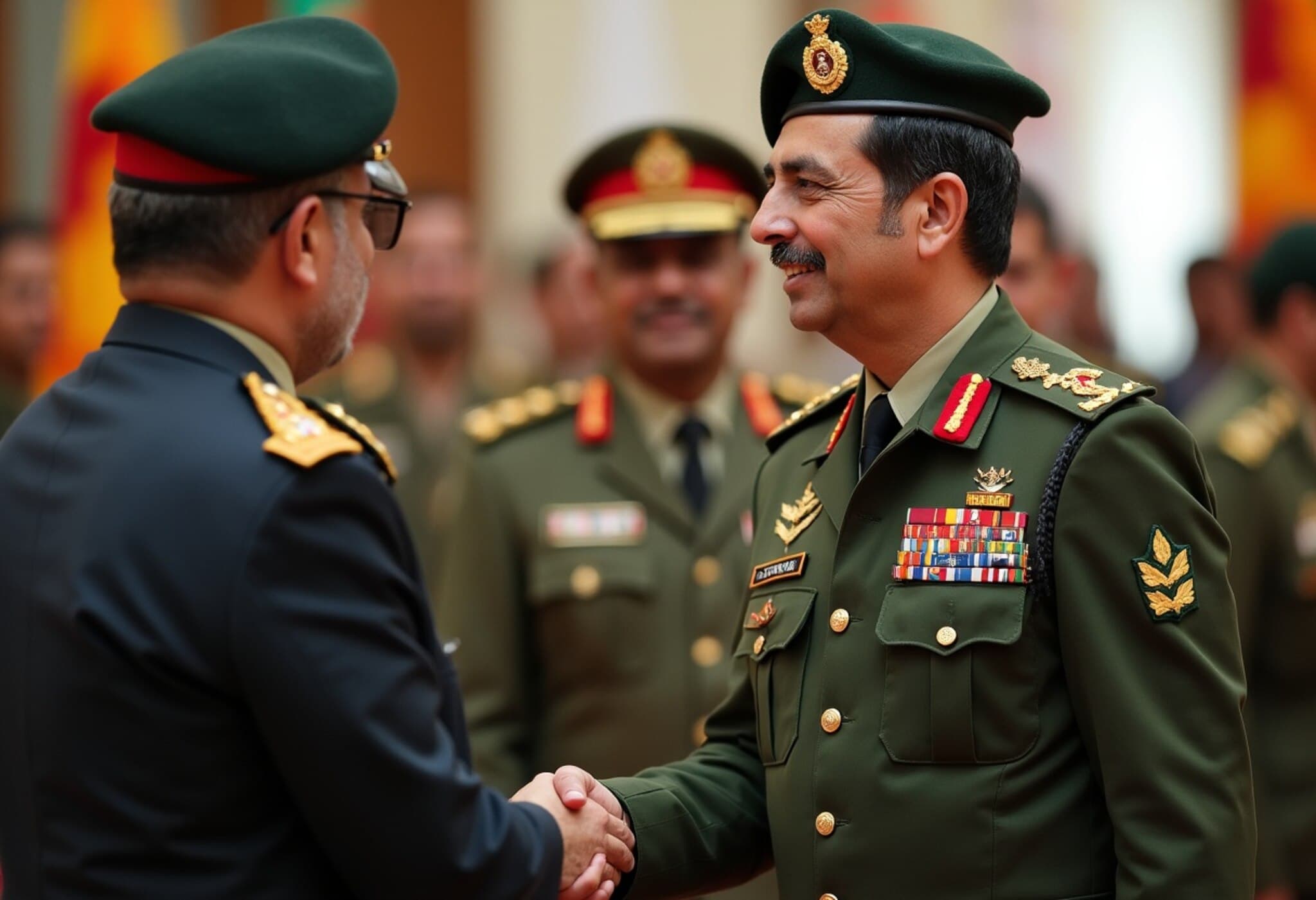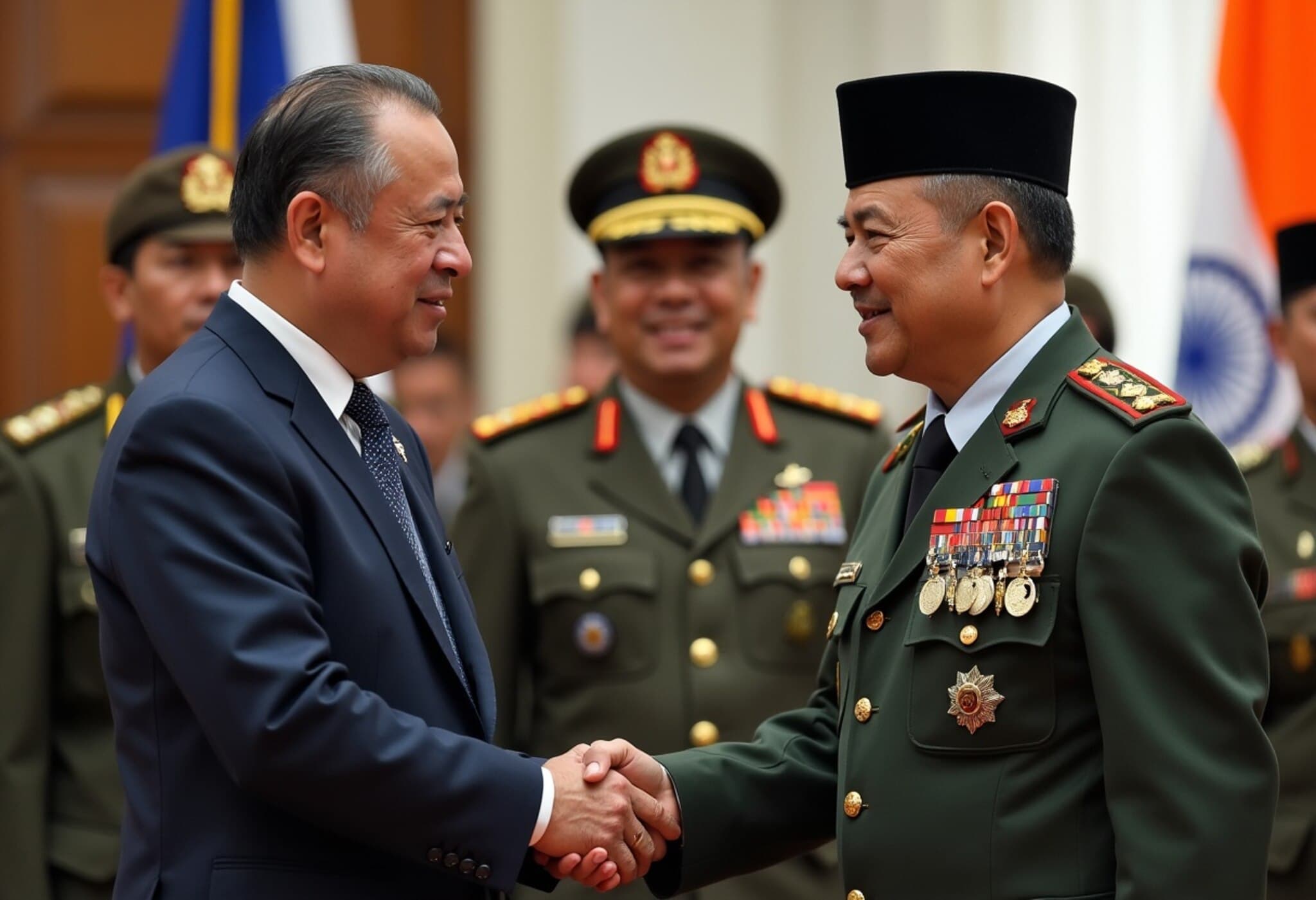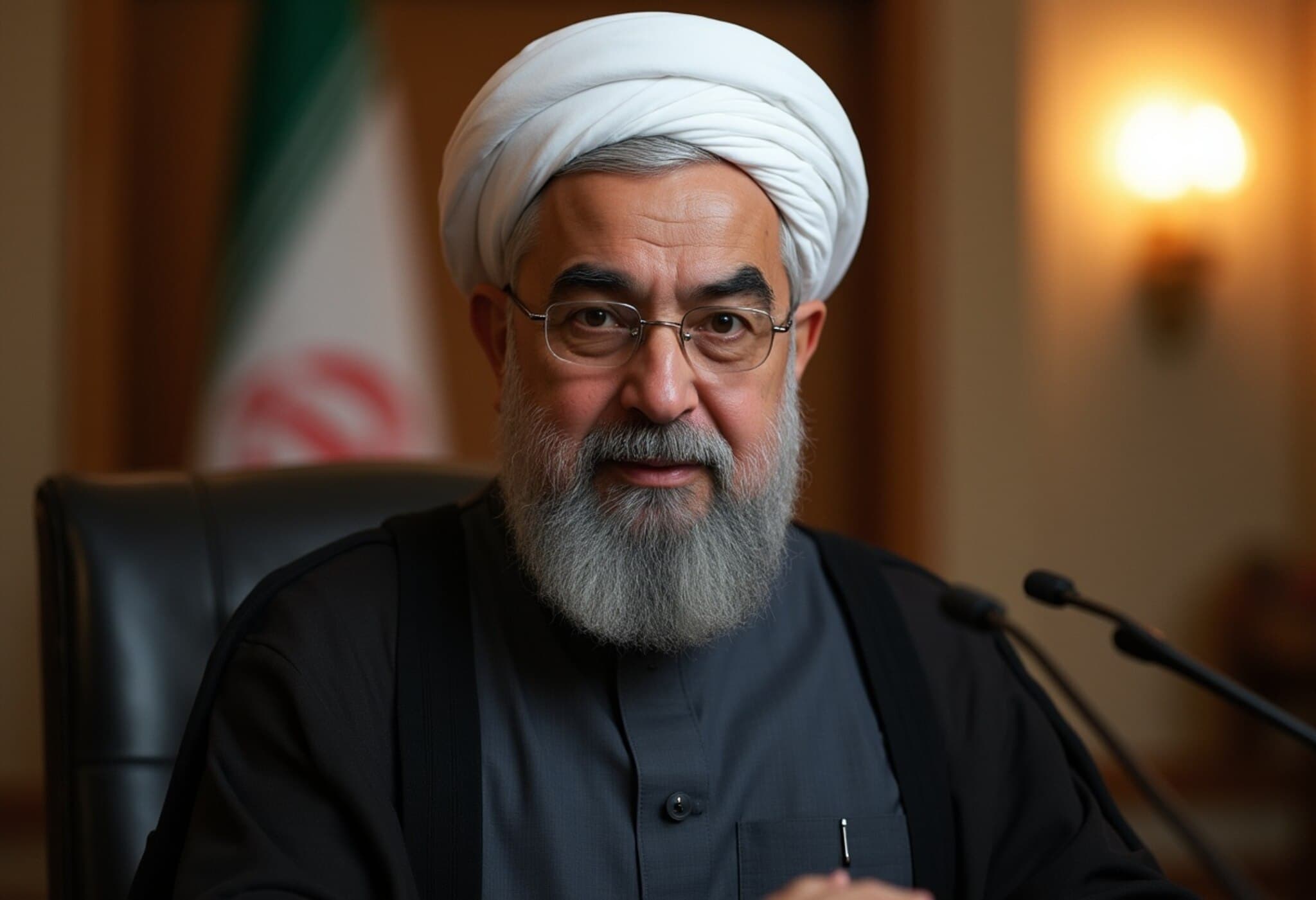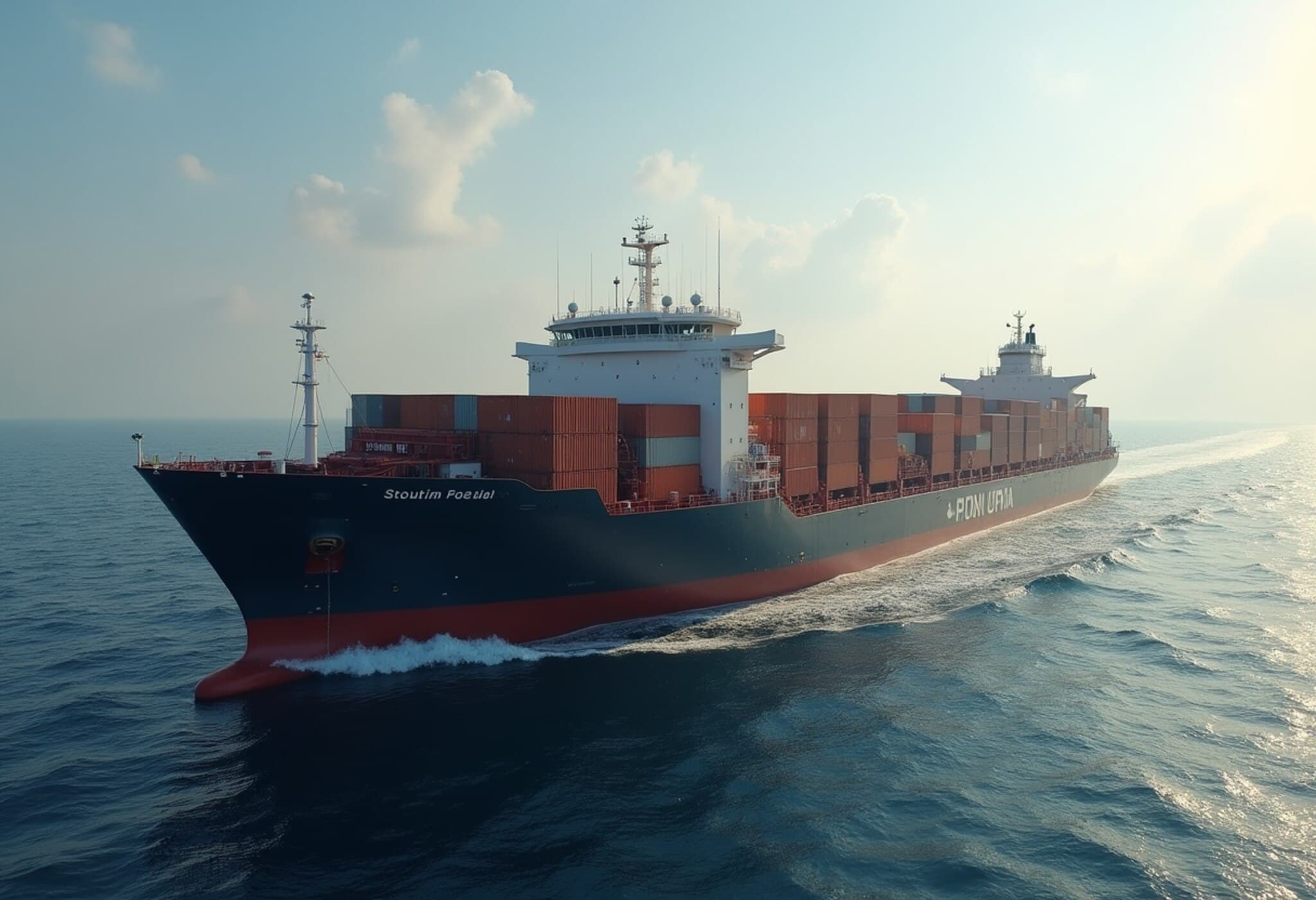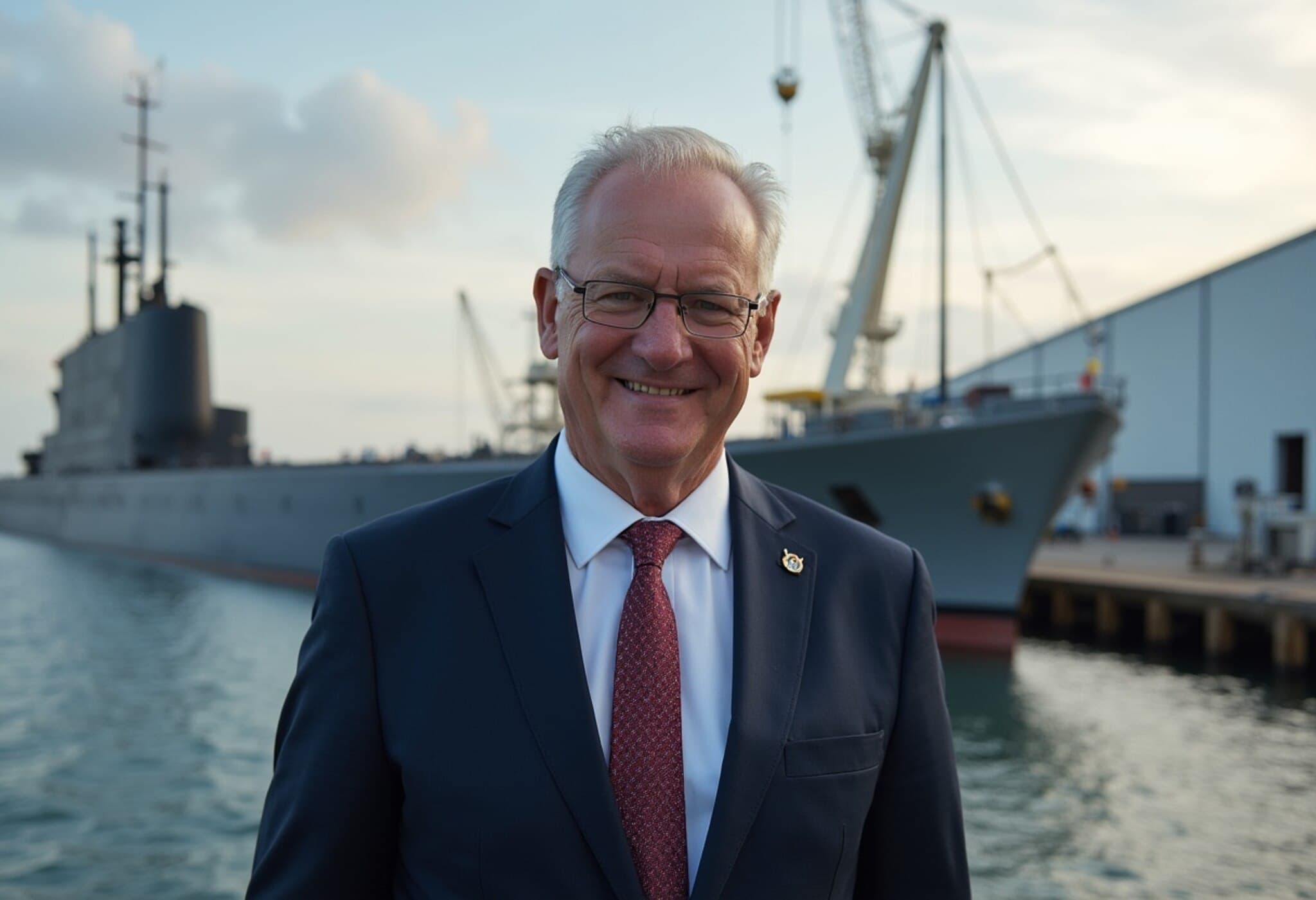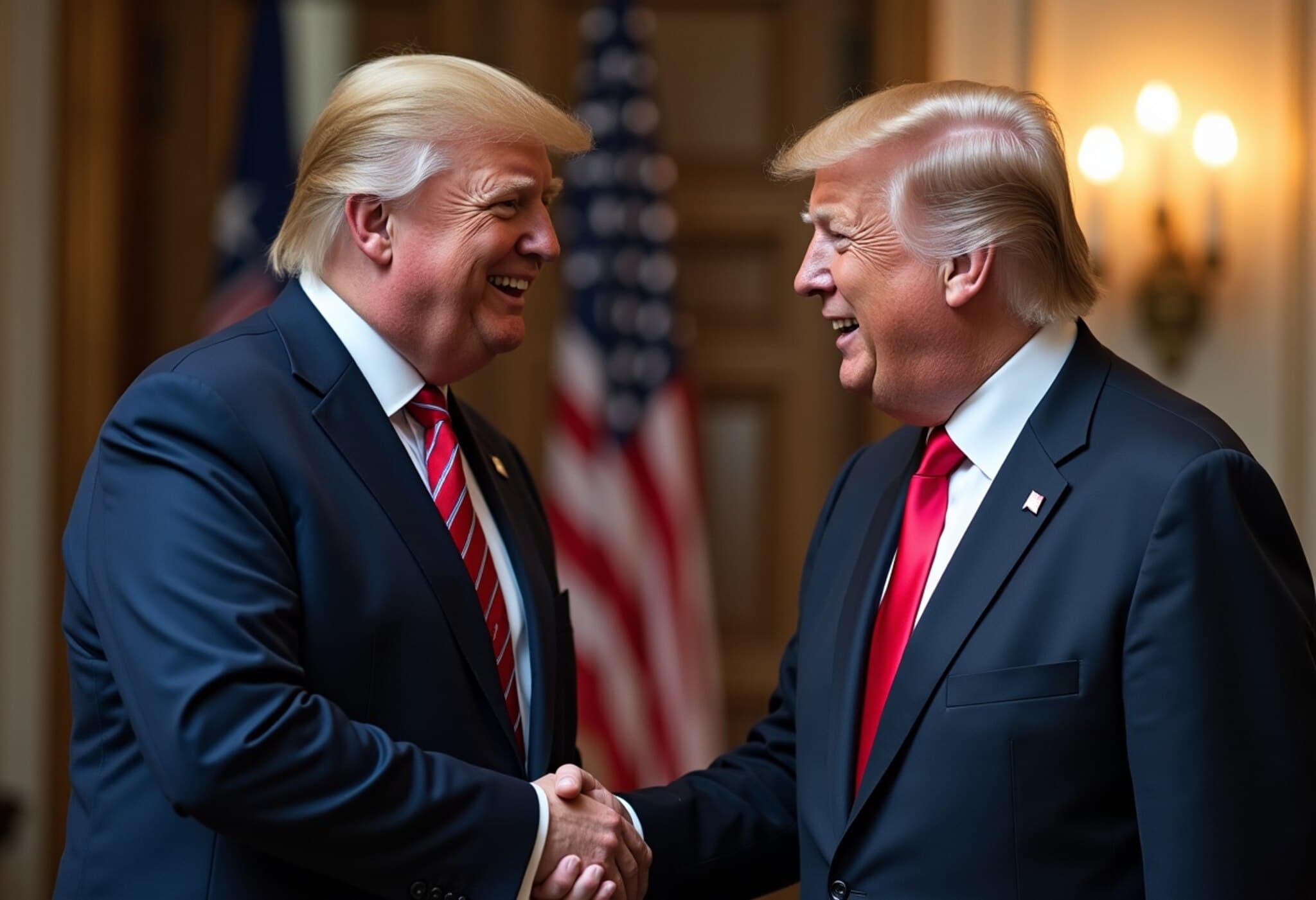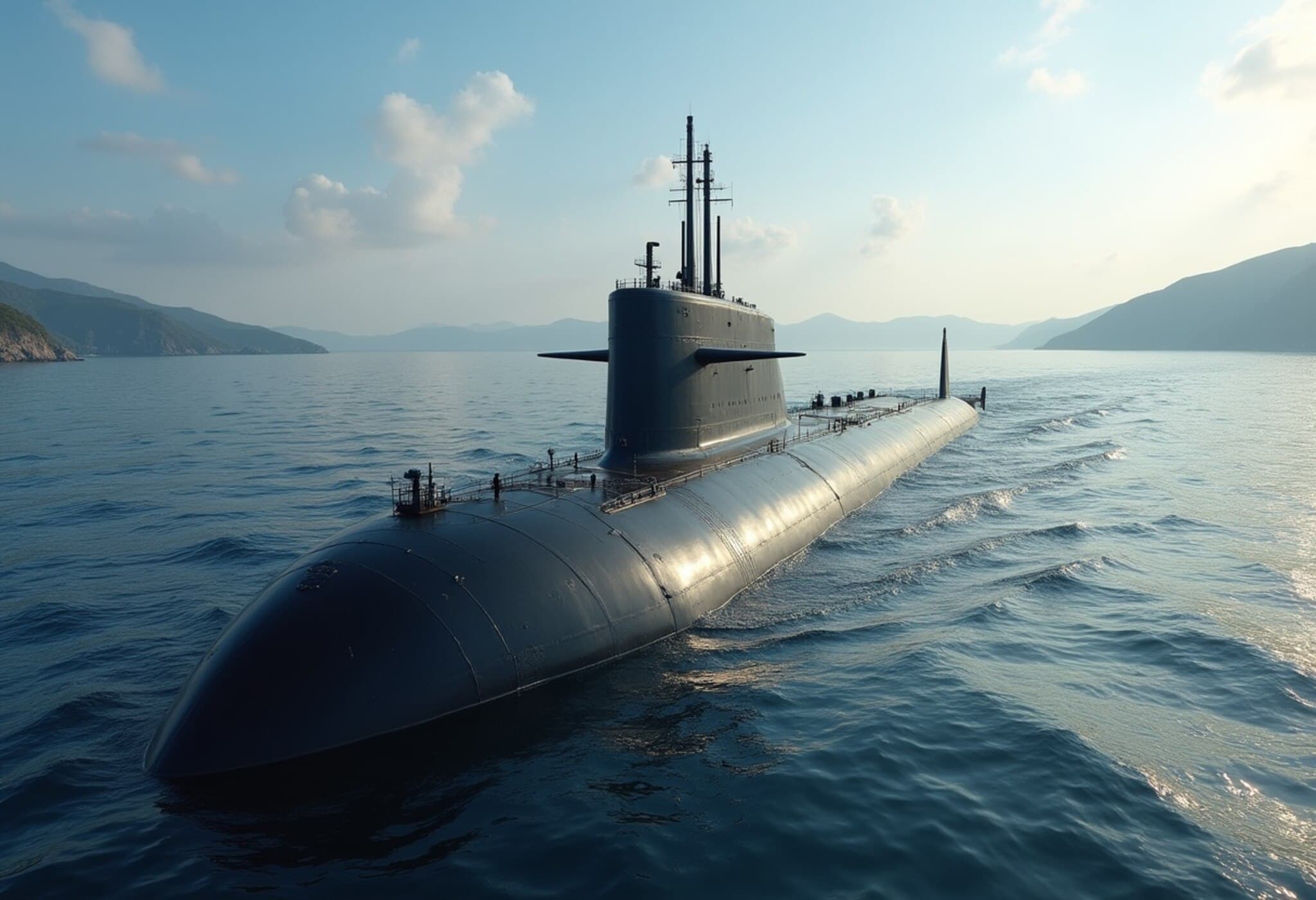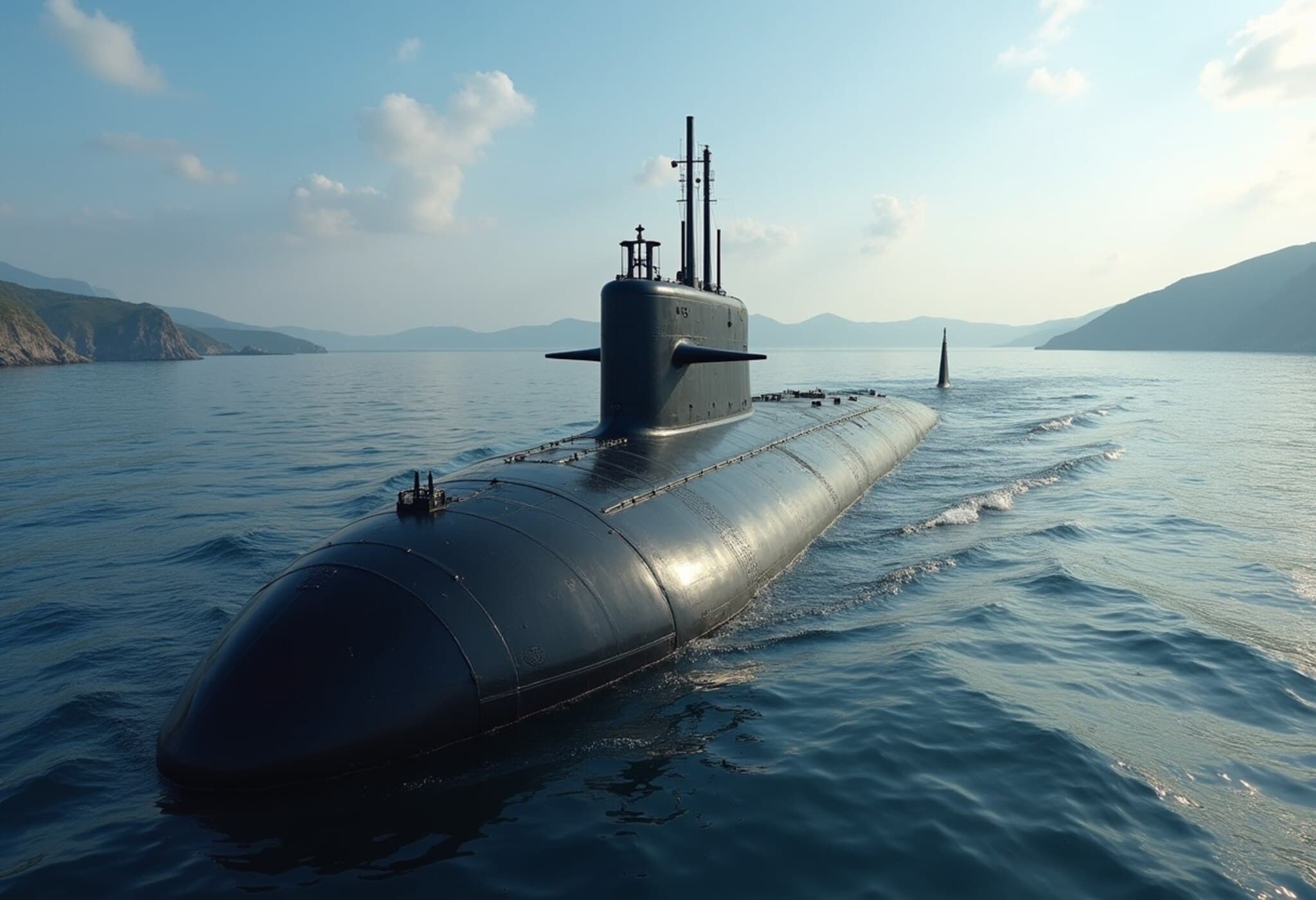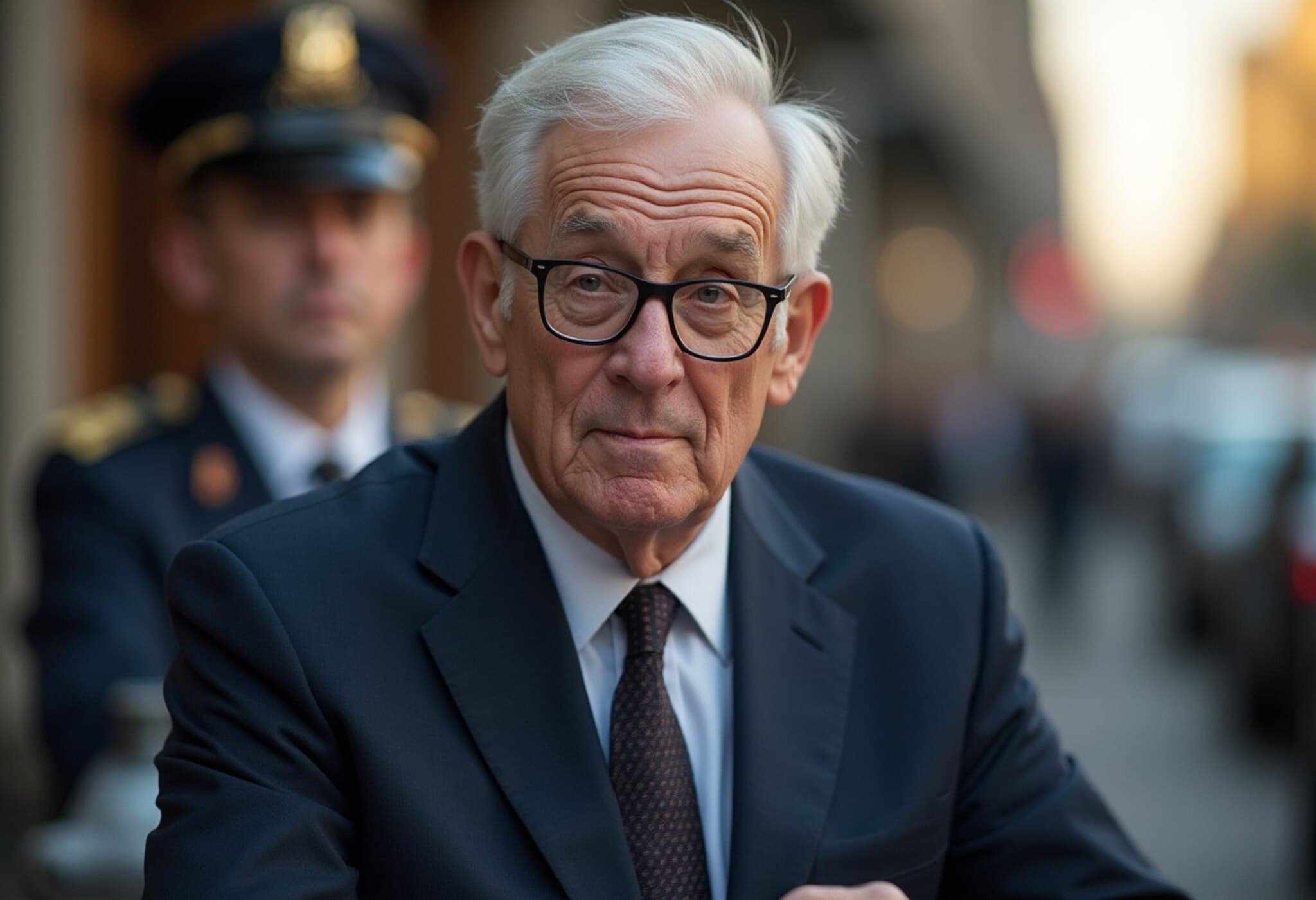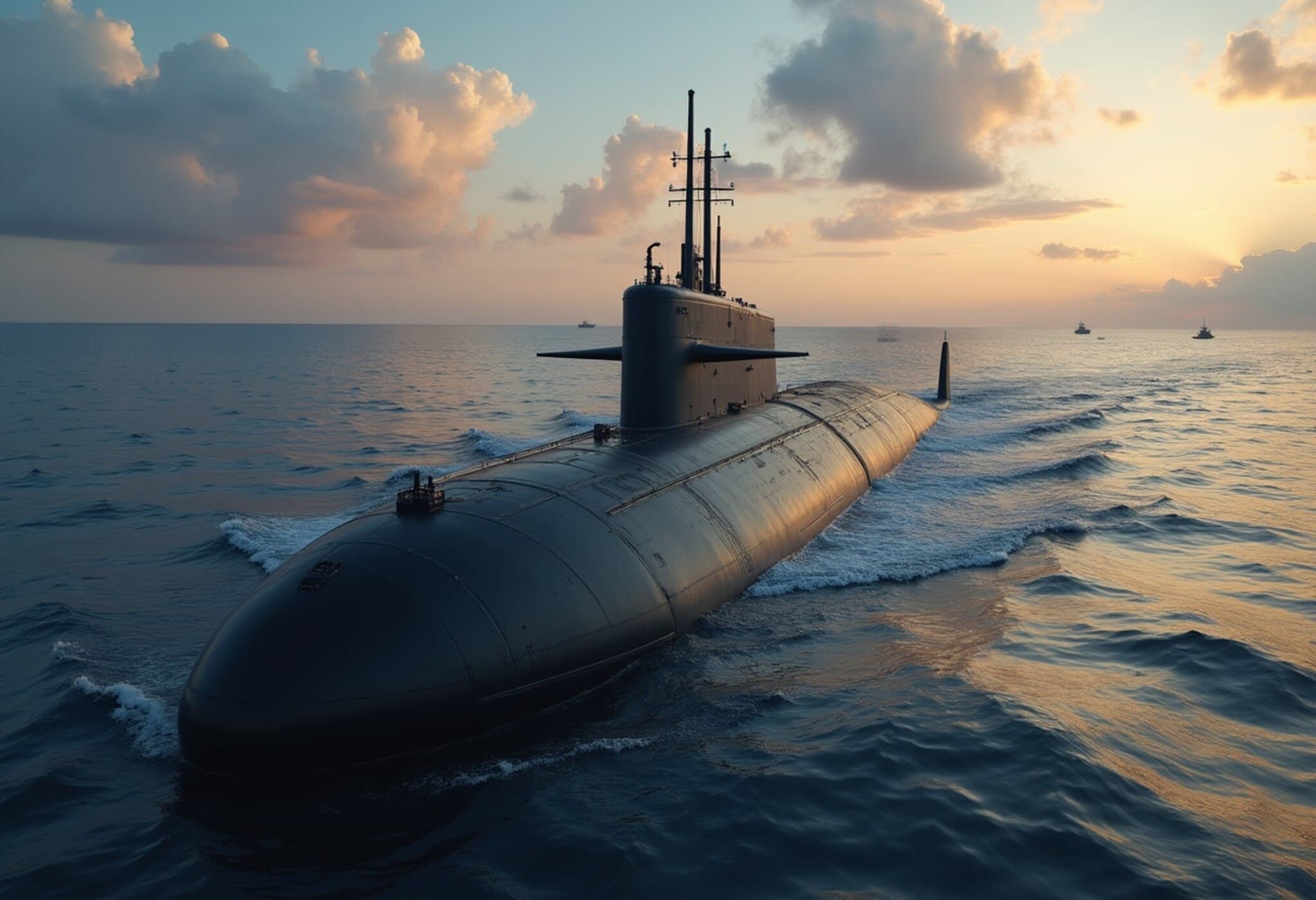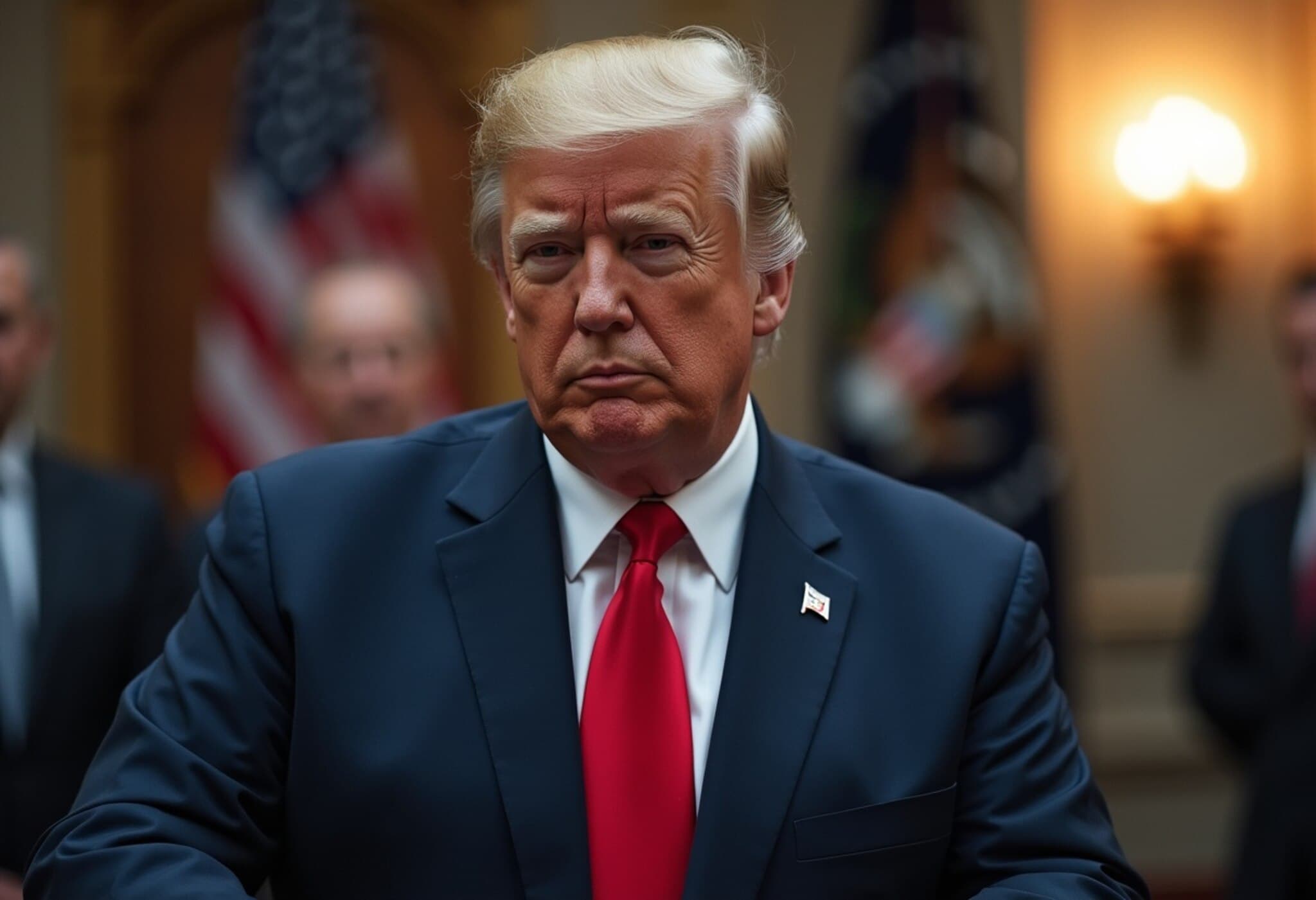Former PM Malcolm Turnbull Voices Doubts on AUKUS Pledges
In a candid and pointed critique, former Australian Prime Minister Malcolm Turnbull has cast serious doubt on Australia’s ability to guarantee the use of AUKUS submarines in defense of American interests, particularly in any future conflict involving China. Speaking from Washington, Turnbull emphasized that any such assurances “would not be worth the paper they’re (not) written on,” underscoring the complexities of alliance commitments amid evolving geopolitical tensions.
Why Australia Can’t Promise Deployment in Hypothetical Conflicts
Turnbull’s skepticism hinges on a fundamental principle of sovereignty and democratic governance: no Australian government can legally or realistically pre-commit its military assets to an unspecified future conflict. “No Australian government can commit any of its defence assets in advance to some future conflict. And the American government wouldn’t do that,” Turnbull explained, highlighting how changing circumstances and political leadership inevitably influence defense decisions.
He further noted that even if one government made such a promise, it could not bind its successors, reflecting the inherent unpredictability in long-term military alliances. This perspective challenges narratives that might assume a straightforward extension of the AUKUS pact into any eventual conflict scenario.
Insights from Discussions with the Pentagon
These submarines, according to Turnbull, are among the US Navy’s most valuable assets, yet current production rates—about 1.2 boats per year—are insufficient to meet both American domestic demands and AUKUS commitments. Production would need to nearly double to 2.3 submarines annually to fulfil all obligations, placing significant strain on supply.
“How can you responsibly part with them?” Turnbull said, echoing Pentagon concerns about availability in a conflict. He affirmed that if Australia were expected to guarantee the submarines’ use, “those assurances cannot be given,” and even if they were, “they’re not worth the paper they’re (not) written on.”
Strategic Ambiguity and Australian Sovereignty
Prime Minister Anthony Albanese, speaking from China this week, reiterated a more traditional posture of strategic ambiguity, suggesting that Australia's nuclear submarines would support US allies while carefully avoiding explicit public military commitments. This nuanced position reflects Australia’s balancing act in the Indo-Pacific—reconciling alliance obligations with national autonomy and complex regional dynamics.
Turnbull, an outspoken critic of AUKUS, argues that the Australian leadership must refocus on sovereignty and a distinctly Australian understanding of national security, warning against unquestioning deference to US strategic priorities. “A lot of the people who talk about national security in this country need to become more patriotic,” he said. “They seem to think our national security is simply a function of being more and more deferential to the US.”
Bipartisan Support amid Criticism
Despite criticism from figures like Turnbull and former Labor Prime Minister Paul Keating, the AUKUS pact maintains strong bipartisan support within Australia. The government frames the agreement as essential to countering emergent strategic threats in the Indo-Pacific.
Yet opposition voices accuse Turnbull of undermining national unity on such strategic matters. The Coalition’s assistant defence spokesman, army veteran Phil Thompson, urged Turnbull to stop “throwing grenades from the sidelines,” highlighting tensions within Australian political discourse regarding defense policy.
Broader Pentagon Perspective on Submarine Deployment
Beyond the bilateral Australia-US relationship, a senior US defense official clarified that Pentagon concerns extend beyond a single theater or scenario such as Taiwan. Instead, the focus is on how these critical submarine assets are allocated across various potential conflicts worldwide.
This broader strategic calculation reflects the growing complexity of defense planning in an unpredictable global security landscape, where alliances must adapt to multiple potential flashpoints.
Editorial Insight: The Challenge of Alliance Management in Uncertain Times
The debate around AUKUS commitments exposes a crucial tension in modern defense alliances: balancing firm strategic partnerships with the sovereignty and discretion of individual nations. Australia’s dilemma—how to integrate sophisticated military capabilities and alliance commitments without surrendering decision-making autonomy—is emblematic of the challenges middle powers face amid great power rivalry.
Turnbull’s call for a more patriotic, sovereignty-centered approach underscores the need for Australian policymakers to chart their own security path, affirming national interests even as they deepen strategic ties with allies.
Questions for the Future
- How will Australia reconcile its alliance obligations with changing domestic political leadership and public opinion?
- Can production and allocation challenges around nuclear submarines be overcome without compromising allied defense goals?
- What role should strategic ambiguity play in Australia’s defense posture moving forward?
As the Indo-Pacific remains a volatile and pivotal region, these questions will shape Australia’s strategic trajectory and its alliance dynamics with the US and other partners.
The evolving discourse on AUKUS highlights the complexity of security commitments in a rapidly shifting global environment. While alliances remain cornerstones of strategic planning, sovereignty concerns and resource constraints inject real-world limits on promises made. Readers are encouraged to consider the delicate balance of trust, autonomy, and pragmatism that will define Australia’s defense policies in the years ahead.

